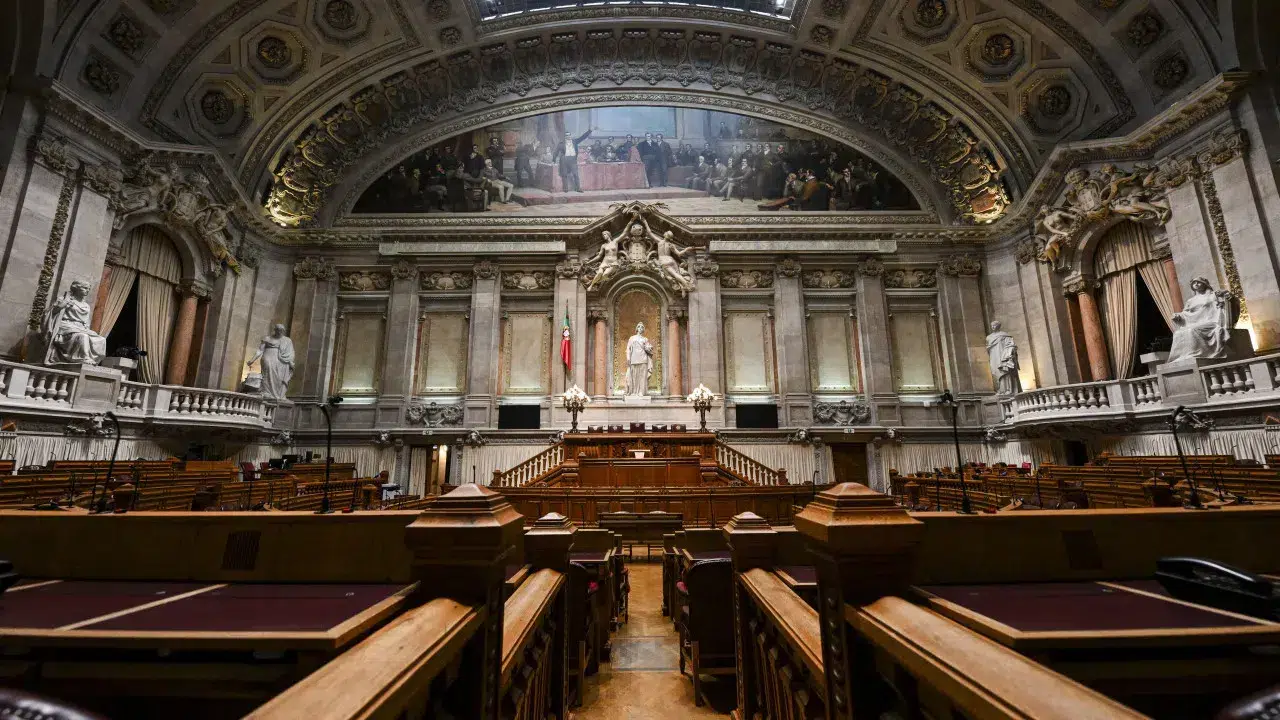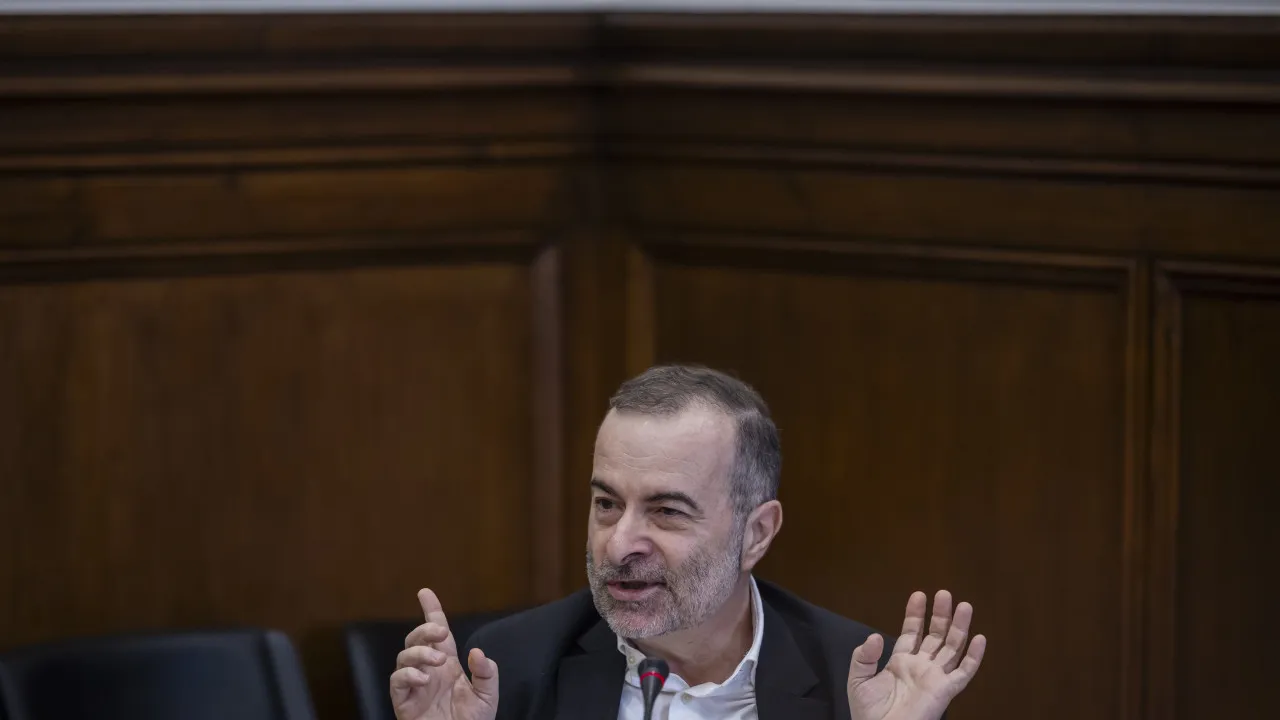The leader of the Chega party, André Ventura, asserted on Monday that Portugal is facing a demographic inversion issue, claiming it is impossible to find “an André, a João, a Maria” among the student lists of a school. This statement follows the citation of immigrant children’s names by Chega deputies during a debate in the Assembly of the Republic (AR) on Friday. Other parties have condemned what they described as a “hate speech”.
“When we look at the names in a school and cannot find an André, a João, a Maria, a Joana, a Pedro, there is a problem. It means there is a demographic inversion”, stated André Ventura during his speech at the presentation of Chega’s municipal candidates for the Coimbra district.
He went further, expressing confusion over the inability to mention immigrant children’s names in Parliament.
“Oh, you can’t say names in Parliament. I never saw them really worried about children’s names, or the children themselves, when in miserable and shameful LGBT events they were used for cultural propaganda of what they believe in and what they tried to destroy: families and family values”, he said.
He added: “This country is very funny. If these names are pointed out to say there is a problem, we have to correct it, hell breaks loose, we have to sue them in court, we have to arrest them, this has to stop, but if they are used for Left propaganda and to defend the destructive values the Left has had, then it is okay to use the children at will.”

On Sunday, the Social Democratic Party (PSD) candidate for the Porto Municipal Presidency and former Minister of Parliamentary Affairs, Pedro Duarte, expressed being “shocked by the lack of empathy” demonstrated by the Chega deputies, describing the situation as “very serious”.
“I am shocked by the lack of empathy of people and this inclination for populism, for demagoguery which probably makes these people forget all the values and principles that, deep down, they even profess. But it really has no limits. This is absolutely unacceptable, it’s indefensible”, he stated during the ‘Principle of Uncertainty’ commentary on CNN Portugal.
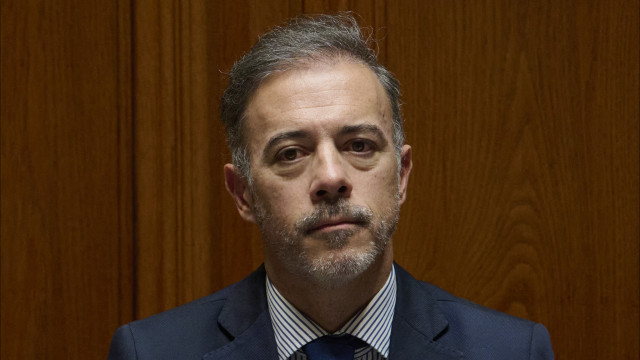
Alexandra Leitão, Socialist Party (PS) candidate for the Lisbon Municipal Presidency, stated that the episode surpassed “what is acceptable in a democracy”.
“What happened yesterday [Friday] in the Assembly of the Republic should not have happened. Chega used children’s names in a political debate, surpassing what is acceptable in a democracy. Instrumentalizing minors to fuel hate speech is shameful, inhuman, and dangerous”, she wrote on X (Twitter).
Leitão also expressed solidarity with the families of the children whose names were exposed, while asserting that “this is the slippery slope we need to reverse before it’s too late”.
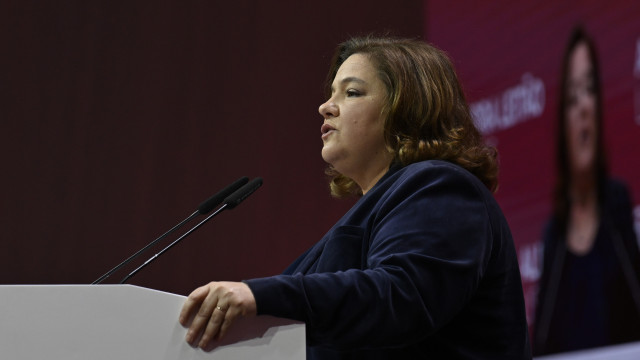
Socialist Isabel Moreira also criticized Chega, arguing that “all the children whose names are invoked feel more insecure”.
“It is monstrous. It is a hate crime, yes. And colluding with Chega is a choice. I would like to see consequences in AR, I would like to hear the President, and I would like the Justice to act”, she wrote on X.
The deputy justified her lack of “patience for the debate on personal data”, stating that “the video of Chega deputy [Rita Matias] and Ventura’s intervention revolve around names that refer us to a region of the globe and not to students of English or French schools.”
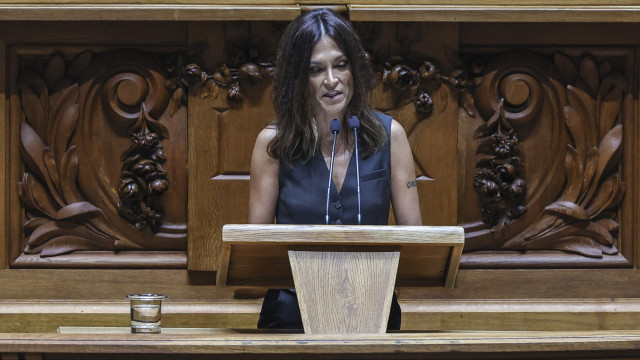
The party Livre has rejected “divisions” and argued that “a name is not a label.” “It is what connects us to each other, and it should never serve as a tool for hate speech. Portugal belongs to all people. With all names”, they wrote on X.
During the debate, deputy Isabel Mendes Lopes became emotional while reading the names of the targeted children, appealing for “humanism.”
In Parliament and playground, at work and in life, the LIVRE does not accept divisions. A name is not a label. It is what connects us to each other, and it should never serve for hate speech.
Portugal belongs to all people. With all names.#PartidoLIVRE #LIVRENaAR #Parlamento pic.twitter.com/mTa3nUgWBK
— LIVRE (@LIVREpt) July 4, 2025
PAN also denounced that “be it at home, on the streets or in schools, not even children escape Chega’s prejudice and hate speech”.
Be it at home, on the streets or in schools, not even children escape Chega’s prejudice and hate speech. pic.twitter.com/0d4TaL1iDu
— PAN (@Partido_PAN) July 7, 2025
Meanwhile, Mariana Mortágua, coordinator of the Left Bloc (BE), also stated that “attacking those who came to Portugal to work is opportunism, but attacking children is an act of dehumanization, which attacks our Constitution and its values”.
Attacking those who came to Portugal to work is opportunism. But attacking children is an act of dehumanization, attacking our Constitution and its values. pic.twitter.com/4jLNqyGjxs
— mariana mortágua (@MRMortagua) July 4, 2025
The incident began on the social network X, where deputy Rita Matias listed children’s names from a “list of students from a Portuguese school.” It escalated when the party leader replicated the action in Parliament, leading to condemnation from Leftist benches.
“These people are zero Portuguese and it’s your fault that schools are like this today”, he asserted at the time.
It is noted that the Government’s draft laws amending nationality and immigration laws were submitted to a special committee without a general vote, as well as Chega’s projects on the same matters.
The requests submitted by the Government and Chega were included in the substitute voting guide, made available mid-morning—not present in the first version from Thursday—and approved in plenary with votes against from BE and PCP.

The Government’s proposal to amend the nationality law, which will now be discussed in committee, aims to increase the residency period required for citizenship from five to seven or ten years, depending on whether the individuals are lusophone or not. It also includes the possibility of losing nationality for those naturalized for less than ten years, if sentenced to effective imprisonment of five years or more for serious crimes. The attribution of original nationality to descendants of foreign residents in Portugal will now require a legal residence period of three years.
Chega’s project, also moved to a special committee, proposes “the loss of nationality acquired by naturalization or when holding dual nationality, in cases where the individual acts seriously against sovereignty, national security, or the essential principles of the Rule of Law.”


